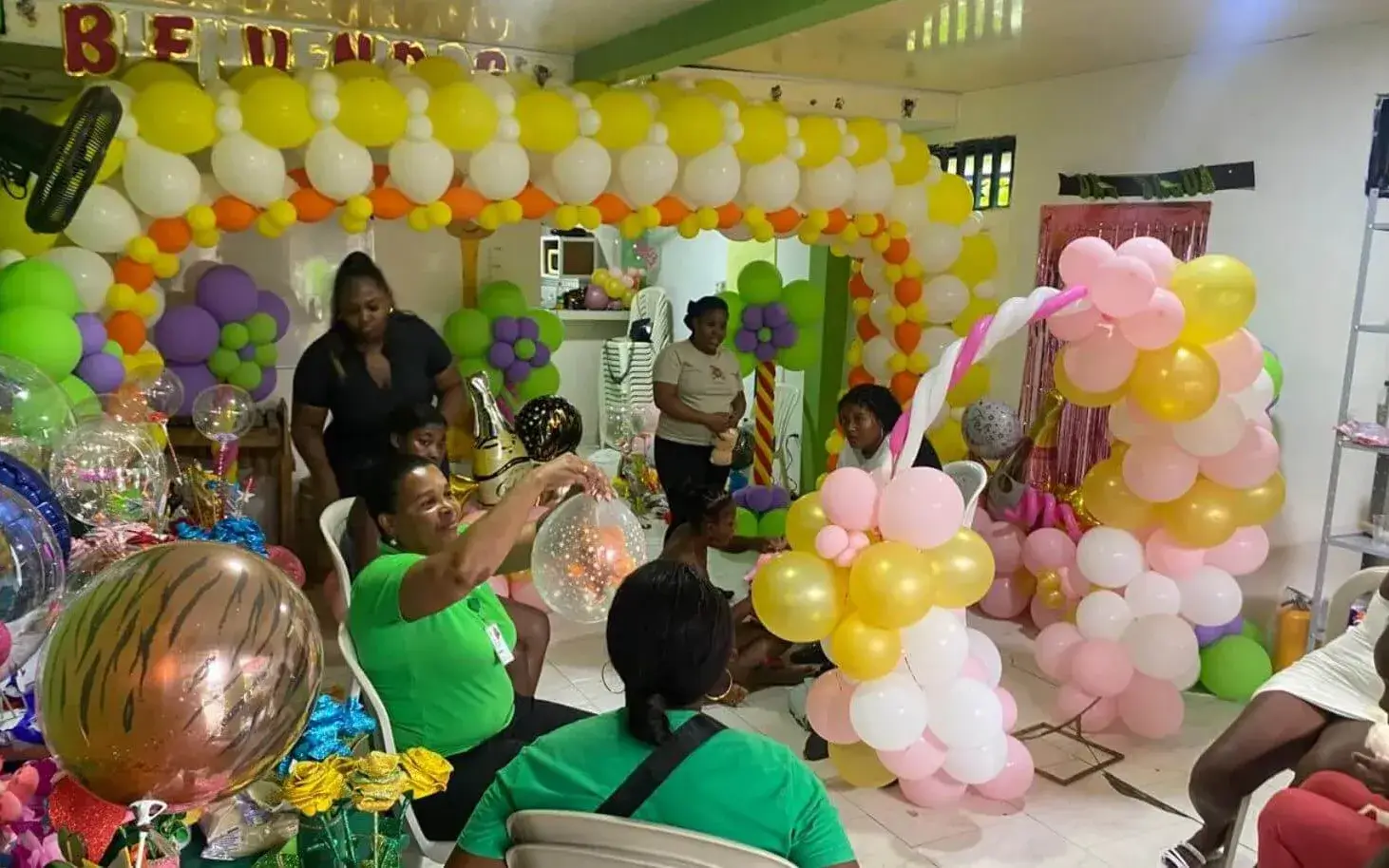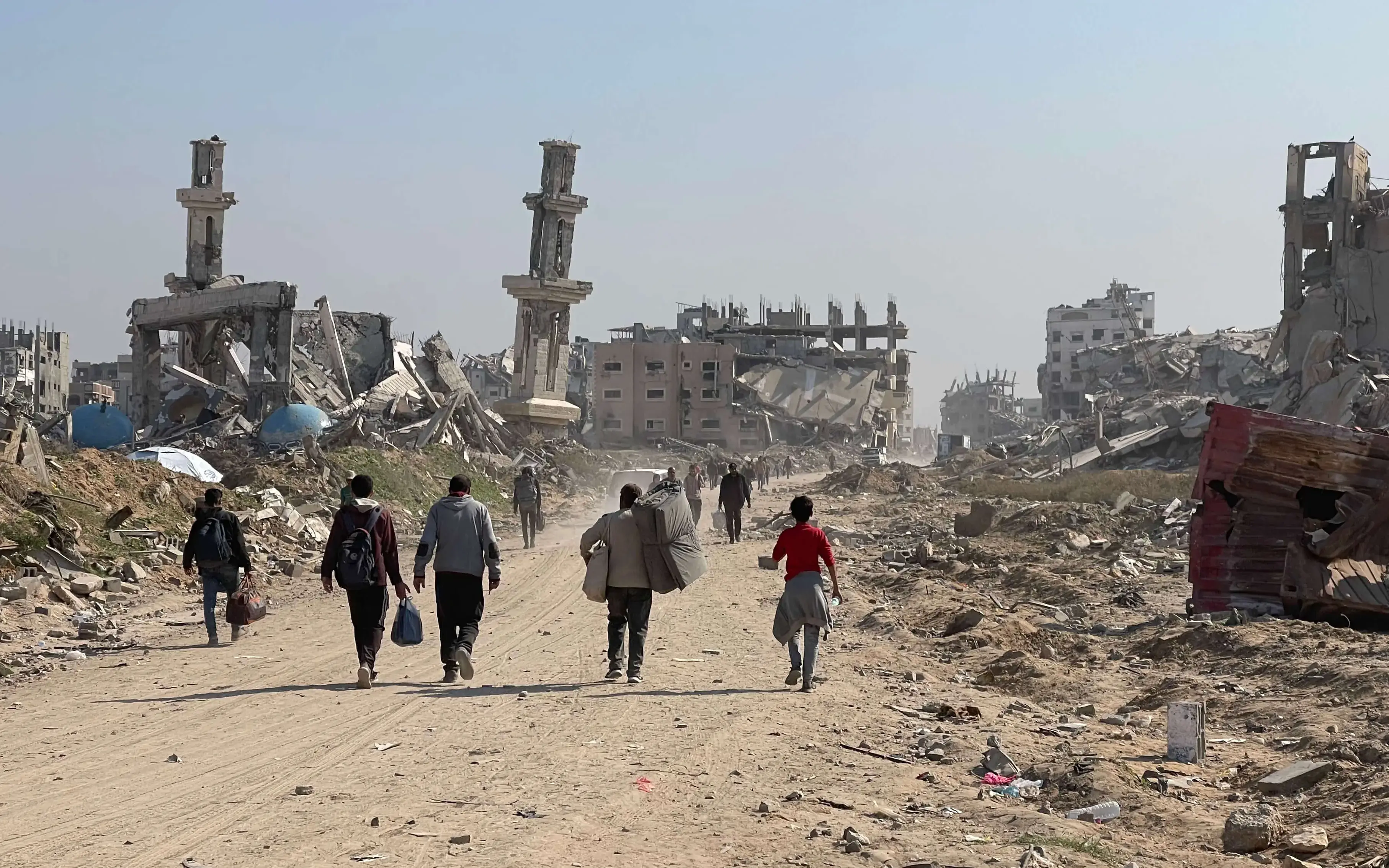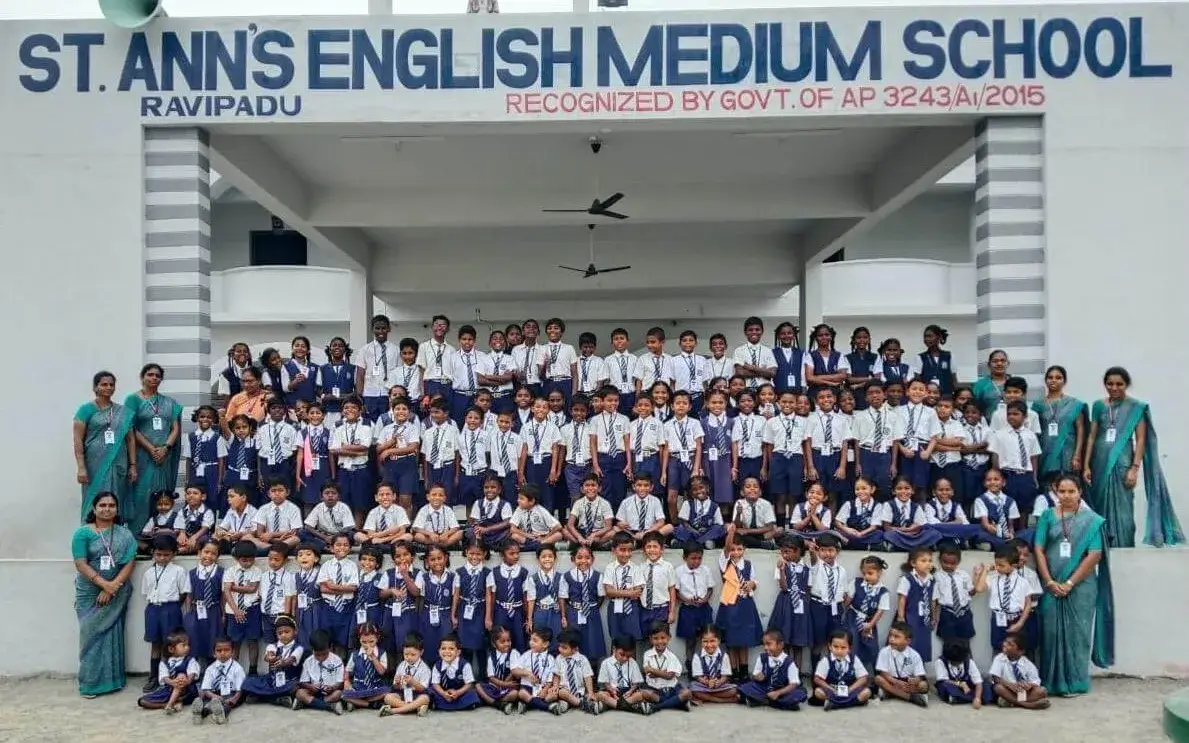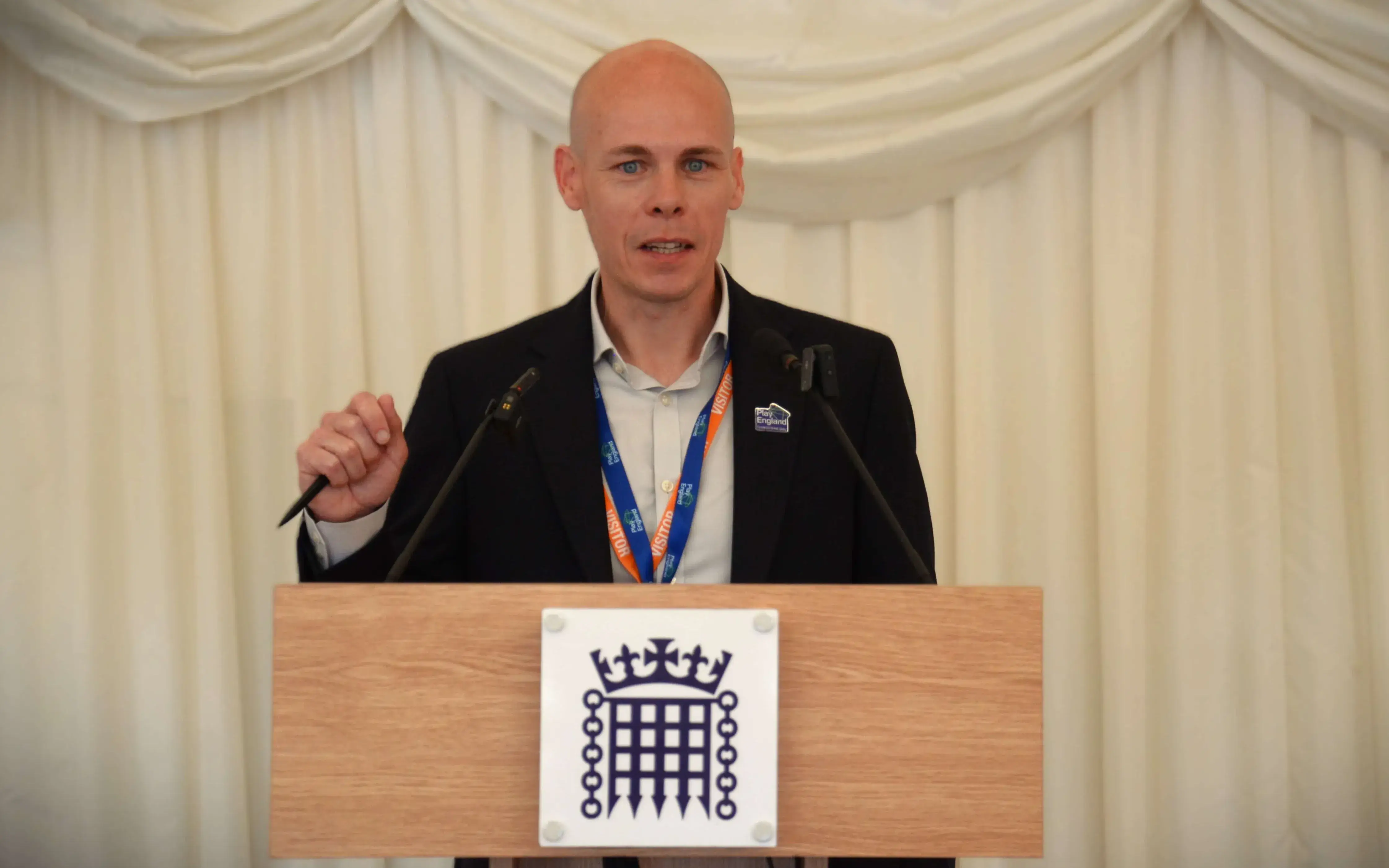The person in charge of institutional relations at the Vicki Bernadet Foundation says she has provided counselling to around thirty children since the start of the year.
The Vicki Bernadet Foundation is a non-profit organization that provides comprehensive and specialized care to anyone who, directly or indirectly, has been sexually abused during childhood.
The Catalan organization also works to prevent and raise awareness on child sexual abuse happening within the family environment and in close circles.
With a trajectory of more than 20 years, the foundation offers therapy and legal advice, training and prevention, as well as communication and outreach.
The person in charge of institutional relations, Pilar Polo, tells us of the key elements to prevent sexual abuse in children.
How was the foundation established?
It was established in 1994 when Vicki decided to explain the sexual abuse she suffered from between the ages of 9 and 17. Back then, there was no organization to help people who had experienced sexual abuse during childhood and we decided to launch the project
How many cases have you dealt with so far?
More than 11,500.
What percentage of children may be sexually abused during childhood?
European data show that around 20%. 24% of girls and 15% of boys.
What percentage of children stands up and speaks about the abuse or asks for help in these cases?
The number of children that confess has always been a minority. However, we are seeing an important social change and they are more able to explain these experiences. So far this year we have assisted 30 children who have verbalized an abuse at school. Before, this figure was unimaginable.
Why is this?
Most of this change is thanks to prevention and awareness on the issue. The child sees that is they speak up they will believe him or her; we have more skilled professionals to deal with the issue and teachers are more aware of the problem when it comes to listening to children.
Where is a child most likely to suffer from abuse?
In their family. Their closest environment is where we see more cases. In our experience, the most usual perpetrator is the father.
Many of the children who have suffered abuse don’t come out until they are adults and some never confess. How can we break this taboo so that victims of abuse denounce?
It is a topic that must be discussed, and allow for children to explain these experiences without being judged or called a liar; most importantly, they need support. If they don’t have this support it becomes more difficult for them to talk about the abuse and seek support
It is extremely important to understand that when seeing others talking about the issue, it is then easier for more cases to see the light. Since the documentary on Netflix ‘Examen de conciencia’, portraying the real victims of child sexual abuse in the Church, many people have decided to speak up.
What kind of support is given to the families of abused children so they come to terms with what has happened and so their child received adequate support?
They are given space to work on this personally and with the family with personal and psychological support. In the case of very young children, work focuses more on the family than on the child, as it is important for parents to feel strong and stay calm about their child’s future.
Do children who have suffered from sexual abuse overcome the experience?
Children must learn to live with a traumatic experience like this one. But if they get support they can live a good quality life. It is very important that, when a child explains the facts, they are believed, and they must not be victimized; they need quality professional support, they and their families.
Can child abuse be worked with when you’re an adult?
Indeed. In this case, you must work on the feelings that remain after the traumatic experience, such as guilt and shame and the lack of self-confidence this may have caused. This requires more time than with children because these feelings are deep and require a lot of work.







Add new comment